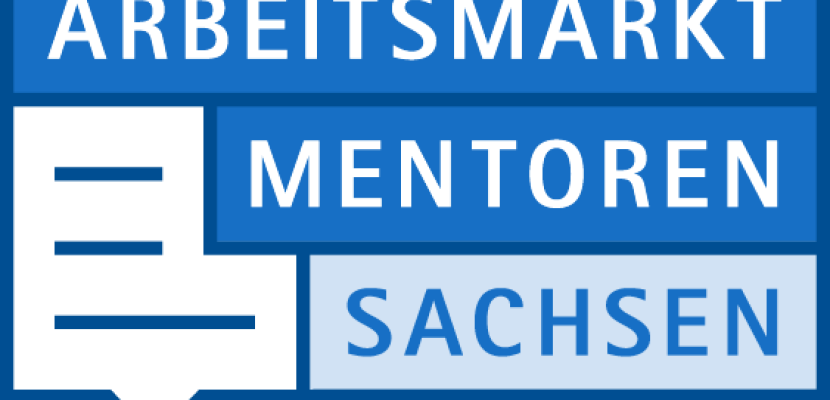
Labour market mentors Saxony

About this good practice
Labour market mentors accompany the mentees along the entire path to vocational training or employment and also support their (potential) employers. They are deployed throughout Saxony and in total there are 14 projects with more than 70 mentors. ZEFAS is responsible for the technical and content-related programme support by on the one hand, being a direct point of contact for technical questions on asylum and residence law as well as access to funding opportunities. On the other hand, the project analyses the experience gained in the context of individual case support and cooperation with all stakeholders involved. This should make it possible to adapt existing regulatory and support structures to the needs of the target group and to identify examples of best practice as well as stumbling blocks.
The aim is to guide people without a vocational or higher education qualification into vocational training and people with a vocational or higher education qualification into employment that is commensurate with their qualifications and subject to social insurance contributions. A further aim of the programme is to advise and raise awareness among employers and training companies for the recruitment and training of refugees and migrants and to support their integration into company processes. In addition, the programme aims to support the adaptation of existing regulatory and funding structures to the new challenges associated with the integration of refugees and migrants.
Expert opinion
Resources needed
The Free State of Saxony has funded 100% of the programme since 2016. The programme is currently being implemented by 14 project sponsors throughout Saxony. A total of over 70 labour market mentors are currently involved.
Evidence of success
Supported over 3,700 mentees and more than 1,600 employers, placed over 1,500 mentees in employment and over 370 mentees in vocational training (1 January 2020- 30 June 2023). In the pilot phase of the programme (October 2016 - 2019) 3,000 refugees;1,600 employers and over 1,200 refugees have been placed in employment (almost 90% in jobs suitable for their qualifications), placed over 500 refugees in vocational training and over 100 refugees in qualification-related training.
Potential for learning or transfer
Based on the exchange within the MILEstone project, it is evident that the challenges faced by different regions across Europe regarding labour market integration of migrants are very similar. Migrants but also employers are facing similar struggles on their way to training and/or employment and when searching for (potential) employees. Similarly, know-how and experience in adapting existing regulatory and funding structures in face of new challenges associated with the integration of refugees and migrants present an opportunity for knowledge transfer between regions with similar challenges. Therefore the concept of labour market mentors could be transferred to other regions with similar challenges.
